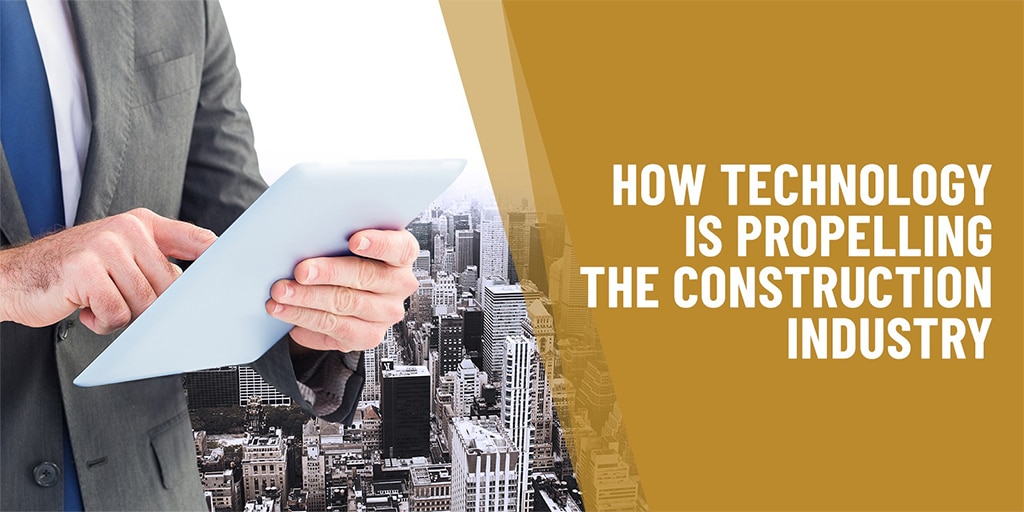
Technology has played a pivotal role in ushering in a new era of progress, efficiency, and innovation. From conceptualization to completion, technology has transformed every stage of the construction process, revolutionizing the way projects are designed, planned, executed, and managed.
One of the significant advancements is the Building Information Modeling (BIM). BIM creates detailed 3D models that integrate information on architecture, structure, and services. This digital representation enables architects and other construction professionals to collaborate seamlessly, detect clashes or conflicts early, and optimize designs. BIM facilitates better coordination, reduces errors, minimizes rework, and improves overall project efficiency.
In addition, the use of drones in the construction industry has skyrocketed. These unmanned aerial vehicles provide a bird’s-eye view of construction sites, allowing for accurate surveying, mapping, and monitoring. Drones capture high-resolution images, collect data, and generate comprehensive visual reports. This technology enhances safety by minimizing the need for workers to access hazardous areas, facilitates real-time progress tracking, and aids in identifying potential issues before they escalate.
Ms. Seema A Jobanputra, Director of the Ashar Group, recently wrote a published article and threw light on a few key future developments. New construction technologies have emerged and significantly impacted construction businesses in India. 57% of all proptech startups deal with construction and technology (contech). Technology has helped save around 25% of time and avoid rework up to 80%.
Robotic technologies and automation have also made significant contributions to the construction industry. Robots can perform repetitive or physically demanding tasks with precision and efficiency. For example, bricklaying robots can lay bricks faster and more accurately than humans.
Moreover, augmented reality (AR) and virtual reality (VR) technologies have transformed the way construction projects are visualized and experienced. AR and VR allow stakeholders to immerse themselves virtually. These technologies enhance communication, facilitate better decision-making, and improve client engagement.
Technology is changing the Indian real estate market in several ways:
- Application Programming Interfaces (APIs): APIs are sets of rules and protocols that allow softwares to interact and exchange information seamlessly.
- Internet of Things (IoT): The Internet of Things (IoT) refers to the network of physical objects embedded with sensors, software, and connectivity capabilities that allow them to collect and exchange data online.
- Construction Management Software: It is a project management software that caters specifically to the construction industry. It enables the automation of several construction related processes and tasks.
- Building Information Modeling (BIM): Building Information Modeling (BIM) is a digital collaborative process that consists of creating and managing information of a construction project throughout its lifecycle.
To conclude, technology has transformed the construction industry by introducing game-changing tools and techniques. From BIM to cloud computing, technological advancement has contributed to increased efficiency, improved safety, reduced costs, and enhanced project outcomes.
To read more such insightful articles, keep following the blog section on the Ashar website.
